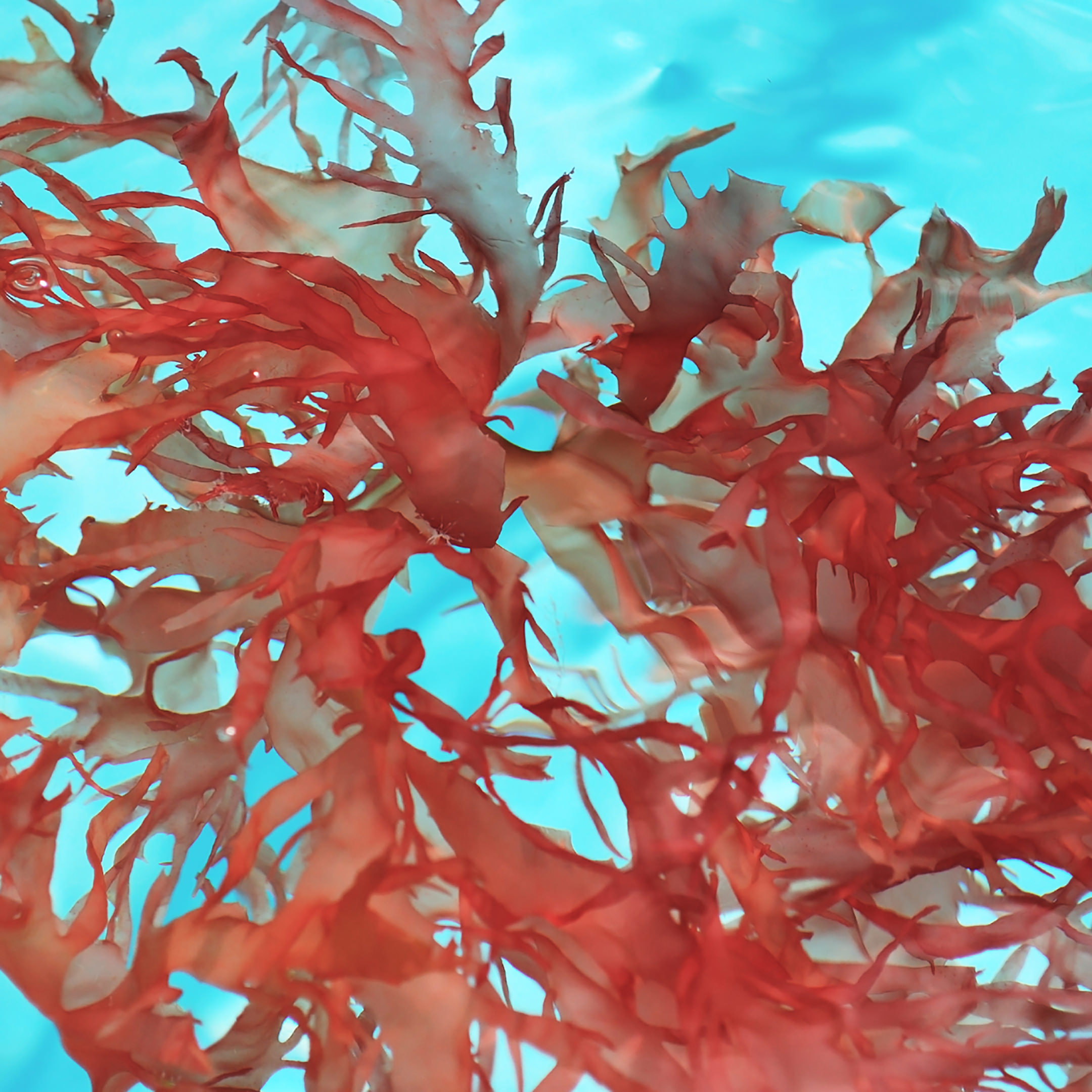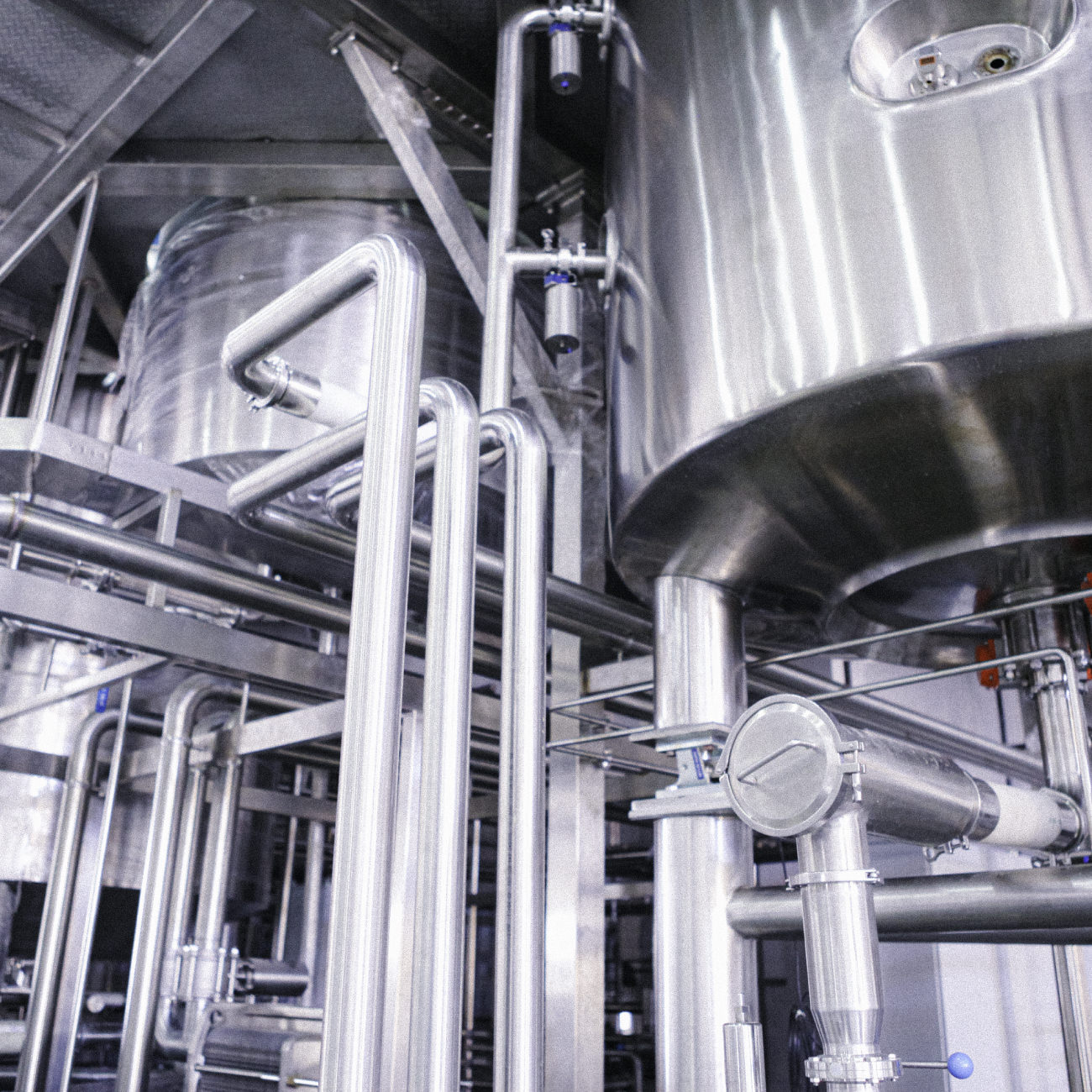
By providing delicious, healthful, and sustainable products with novel technology, we are paving the way for a brighter future and better present for everyone.

Seaweed
Seaweed is an underutilized material that offers unique positives in health, sustainability, and taste.
Health Benefits of Seaweed….
Clinical studies in Japan have found evidence that consuming seaweed lowers cholesterol levels and fights diabetes. As the richest source of insoluble dietary fiber on the planet, regular consumption is correlated to an improved intestinal environment, skin quality and mental health. Its high protein content has attracted worldwide attention.
Sustainability of Seaweed…
Growing at a pace of upto 11 inches per day, seaweed offers an extremely fast renewal rate. Regular harvesting and expanded cultivation rejuvenates the crop’s ability to absorb carbon dioxide, making it a rare raw material that actually improves the environment by increasing production. Seaweeds can be used to make alternative industrial products, such as alternative plastics, medical capsules, and clothing fibers.
Consumable Seaweed…
Compared to current mass-market products, seaweed is both healthful and versatile. Otherwise sustainable foods that rely on unhealthy additives for bulk and highly processed sources of dietary supplements both offer tangible downsides. Seaweed can be used as a base for fiber-rich food and drink or as a natural, vegan ingredient to improve the texture and flavor of sauces, dressings, and ice-creams.

Technology
Japan has been eating seaweed for over 1,600 years and has been producing kanten (agar-agar) for over 400. The nation has developed a range of high-level seaweed processing technologies. Aqua Theon has partnered with industry leaders throughout Japan. In Nagano, successfully established quality regulation of highly-temperamental seaweed raw materials resulted in expanded applications, including medical capsule manufacturing. Our partner labs in Tottori have developed a technology to replace plastic-based containers with seaweed alternatives, and Shizuoka-based labs are leading research in capitalizing on the lactic acid bacteria that adhere to seaweed.
Until now, it has been difficult to mass-produce products made of seaweed because the plants are highly reactive to environmental factors such as sea salinity, hours of daylight, and temperature. By blending crops sourced from different areas, we can now regulate the quality of seaweed raw material. Instead of constantly shifting the recipe, Cashi Cake produces a stable, high-potential ingredient. With our partners, we pioneer deep-tech and release finished consumer products not just in the U.S., but on a global scale. Our business bridges local and international markets by drawing upon centuries-old wisdom to provide solutions that will enrich future generations.
